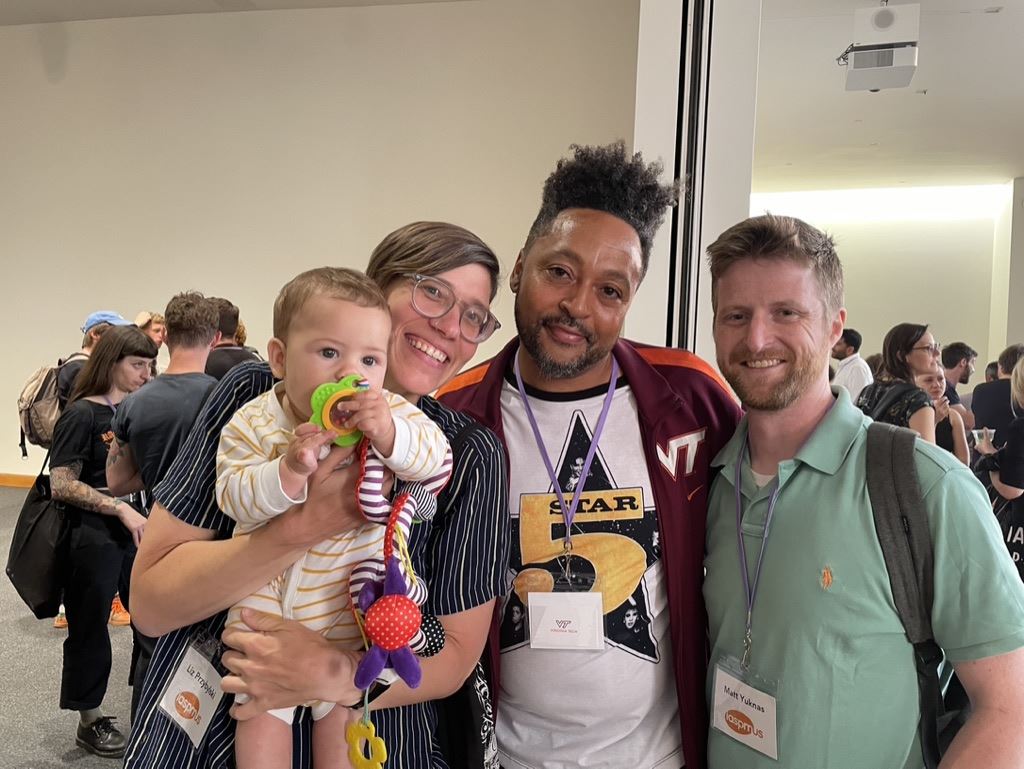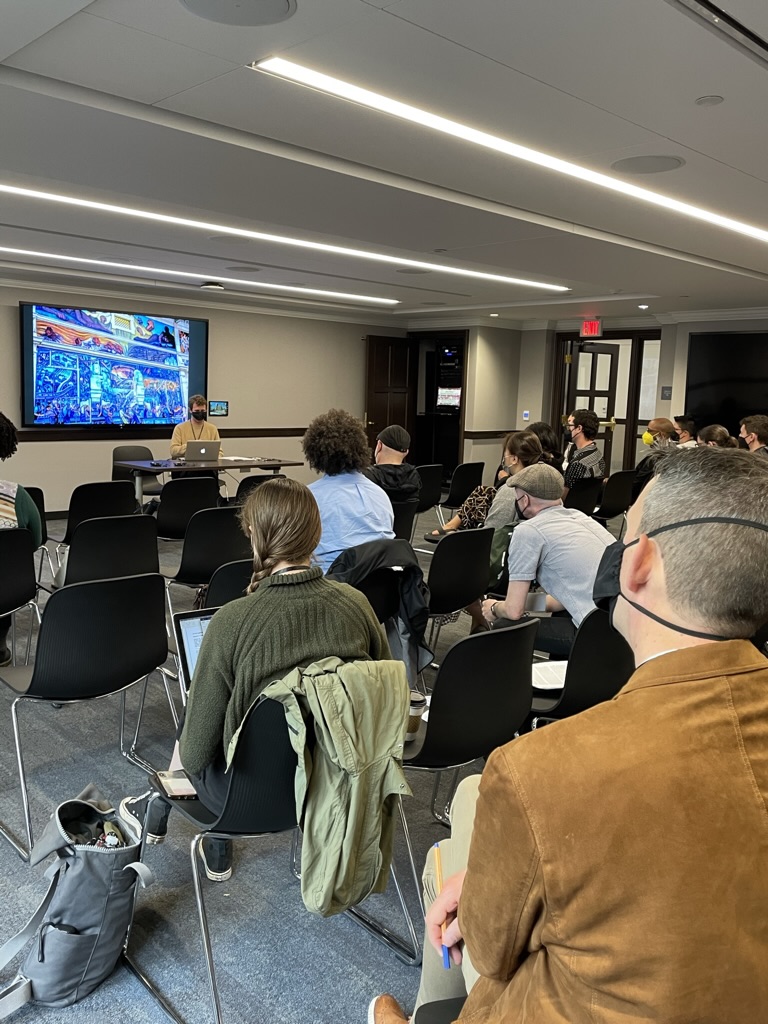 |
WHO We ARE
|
JOIN US
| For a professional organization, we are unique for our inter-disciplinary scope–spanning fields such as musicology, sociology, cultural anthropology, literary studies, cultural studies, American studies, and so on. The democratic, inclusive outlook of IASPM-US extends not only across different academic disciplines but also to the inter-professional level. In other words, we seek the contributions and expertise of popular music critics, journalists, industry workers, and cultural administrators in addition to university academics. Click below for information on becoming an IASPM-US member. |
OFFICERS
President:
|
| 2025 - 26 EXECUTIVE COMMITTEEJournal Editors:
Open Seats:
Student Seat:
Honorary Board Member:
|
Inclusion StatementIASPM-US recognizes that the past and present of popular music are inseparable from the systems of racial, ethnic, class, gender, and dis/ability inequity in which they are embedded. The society is committed to the exposure and dismantling of such injustice through the facilitation of extended academic and public conversation and the removal of barriers to participation. IASPM-US is dedicated to providing a safe, inclusive, and accessible space for all its members and all who participate in activities or engage in dialogue under its name. The society continues to foster interdisciplinary conversation regarding how and why popular music matters, and continues to work toward becoming a more inclusive organization. We strive to provide a meeting point for academic and non-academic students of music. We welcome academic music scholars across all fields, affiliated and independent, tenured and non-tenure-track, as well as music journalists and other writers, industry workers, administrators, and musicians. We invite presenters and audiences to a space that supports the study of popular music as a site of decolonization, of resistance to racism, xenophobia, Islamophobia, anti-Semitism, sexism, misogyny, homophobia, transphobia, heteronormative and cisnormative power structures, ableism, and violence. The society aims, but might not always succeed, to meet its members’ needs at its annual conference through:
|

